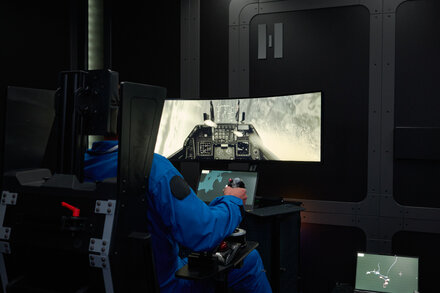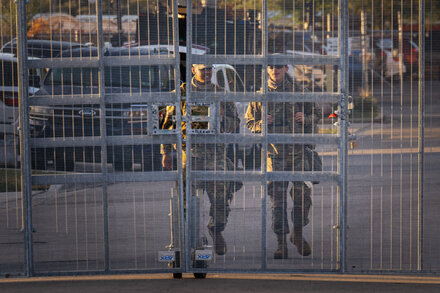
The global defense industry is reportedly undergoing a significant transformation, frequently characterized by experts as a “big revolution,” as new technologies, agile startups, and shifting geopolitical landscapes redefine the nature of modern warfare and military procurement.
This paradigm shift is driven by a confluence of factors, including rapid advancements in artificial intelligence, autonomous systems, software development, and data analytics. Unlike previous eras dominated by large, established defense contractors, the current environment sees a growing role for innovative startups and private capital, which are bringing commercial-sector agility to national security challenges.
Industry analysts point to the increasing realization that traditional, multi-decade acquisition cycles struggle to keep pace with the accelerating rate of technological change. This has opened a crucial gap for smaller, more nimble companies focused on developing dual-use technologies that can be rapidly adapted for military applications.
“What we’re witnessing is a fundamental paradigm shift in how defense capabilities are conceived, developed, and deployed,” stated Dr. Lena Petrov, a senior defense strategist. “It’s no longer solely about building bigger, more expensive hardware; it’s about intelligence, speed, and the ability to integrate cutting-edge software and sensors at an unprecedented pace.”
Venture capital firms, traditionally wary of the defense sector’s complex regulatory environment and long procurement timelines, are now investing heavily in “defense tech” startups. These companies often focus on areas such as drone technology, satellite imagery analysis, advanced communication systems, and cyber warfare tools, seeking to provide more cost-effective and rapidly deployable solutions than their legacy counterparts.
This infusion of private capital and innovative thinking challenges the long-held dominance of a few large prime contractors. While these established players continue to be essential for major platforms, they are increasingly pressured to integrate technologies from these new entrants or to accelerate their own internal innovation processes.
A spokesperson for a prominent defense tech accelerator, speaking on background, observed, “The battlefield of tomorrow will be defined by connectivity, data advantage, and intelligent, rapidly iterating systems. Governments recognize they can’t afford to be left behind, and the private sector is stepping up to bridge that innovation gap.”
The ongoing geopolitical tensions and conflicts around the world have also served as a catalyst, demonstrating the efficacy of commercially derived technologies and the critical need for constant innovation. Nations are seeking flexible, resilient, and technologically advanced capabilities that can be quickly upgraded and adapted to evolving threats.
As this “revolution” unfolds, it promises to reshape not only the defense industrial base but also the very strategies and doctrines of future warfare, emphasizing adaptability, technological superiority, and a broader ecosystem of innovation.
Source: Read the original article here.





